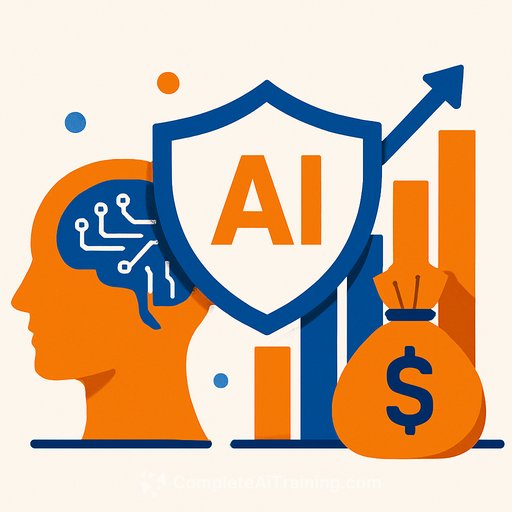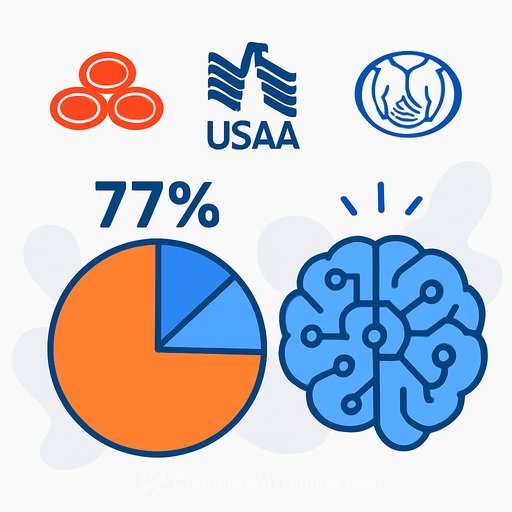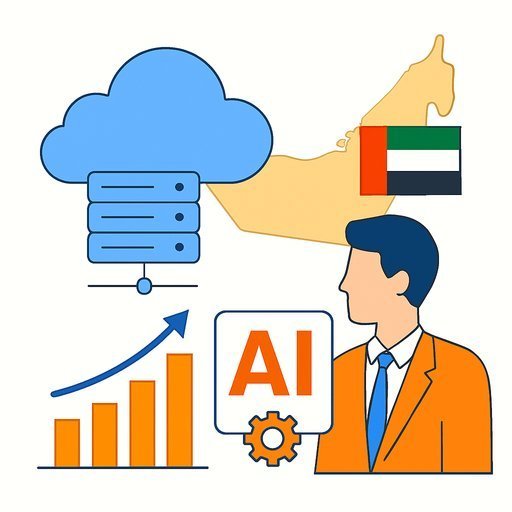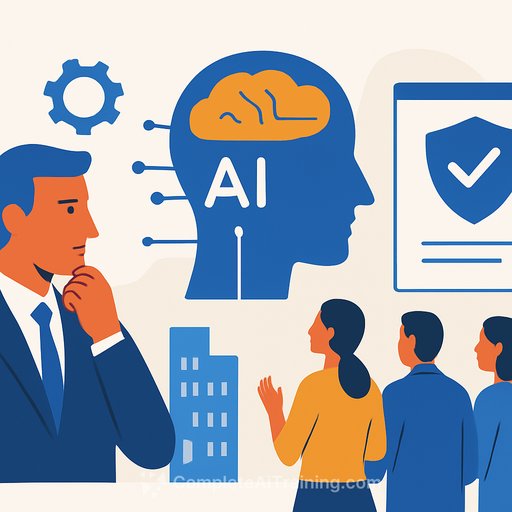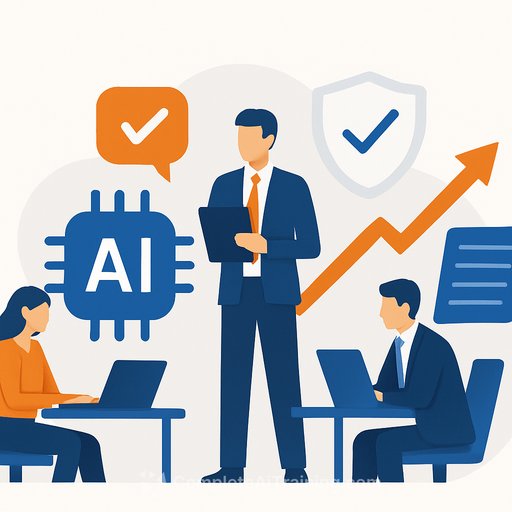AI Insurance Market Set to Hit $4.8 Billion by 2032
Global AI insurance premiums are projected to soar to $4.8 billion by 2032, growing at an annual rate close to 80%. This surge reflects the rising demand for coverage addressing risks tied to artificial intelligence, according to research from the Deloitte Center for Financial Services.
New Risks Emerging with AI Expansion
AI technologies, from autonomous vehicles to generative language models, are changing how businesses operate. While these tools boost efficiency and speed up decisions, they also bring fresh liability concerns. Issues such as biased algorithms, intellectual property disputes, misinformation, and failures in autonomous systems have shifted from theory to reality.
A 2023 report from Stanford University noted a 2,500% increase in AI-related incidents since 2012. This trend highlights the pressing need to manage risks linked to algorithmic decision-making effectively.
How the Insurance Industry is Responding
Insurance providers are stepping up to meet the demand for AI risk coverage. Both established insurers and newer players have introduced products that address AI’s unique challenges. Munich Re began offering policies for AI developers back in 2018. Armilla AI, for instance, guarantees machine learning model performance, covering biased outputs and system errors.
Pricing AI risks remains complex. The fast-changing nature of AI systems and limited historical claims data make risk assessment challenging. Jerry Gupta, head of AI & Insurance at Armilla, noted, “As we learn, as we get more data, then we’ll figure out what the next steps are.”
Regulatory Landscape and Its Impact
Governments are stepping in with new rules. The European Union is close to finalizing what could be the most comprehensive AI regulatory framework globally. Proposed penalties for non-compliance may reach up to $38 million.
While insurance won’t be mandatory under these rules, compliance demands and reputational risks are expected to push companies toward seeking AI insurance coverage. These regulations raise the stakes for businesses managing AI-related risks.
Lessons from Cyber Insurance
The rise of AI insurance resembles the early growth of cyber insurance. That market expanded after a spike in digital threats, leading insurers to develop specialized policies and enforce stricter risk controls. AI insurance is expected to follow a similar path as the market matures.
Growing Corporate AI Adoption
Businesses across sectors are adopting AI at scale. Microsoft, now valued at $4 trillion, credits much of its growth to AI-driven innovation and has aligned its workforce accordingly. A Big Four accounting firm saved 3,600 analyst hours using AI-generated research, cutting project times by 75%.
These examples show AI’s growing influence but also highlight the increasing risks, especially in sensitive sectors like healthcare and finance, where AI failures can cause serious harm.
What’s Next for AI Insurance?
As AI adoption grows, insurers are proceeding cautiously. Many rely on AI audit firms and internal experts to understand algorithm behavior before standardizing policies. While some insurers wait for more data and legal clarity, demand for AI coverage is already rising.
With AI taking on roles traditionally handled by humans, the focus in insurance is shifting from whether to insure AI risks to how and when to do it.
Your membership also unlocks:

